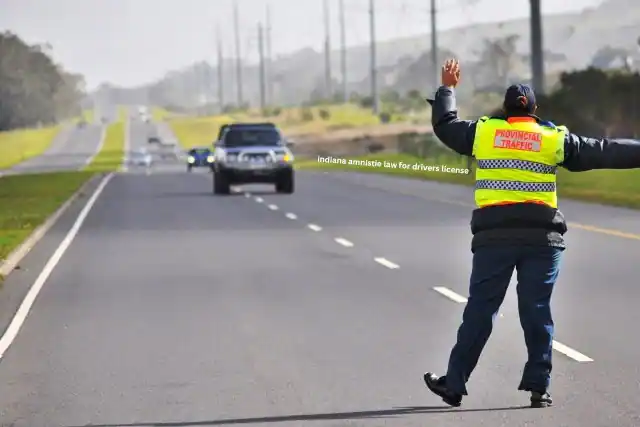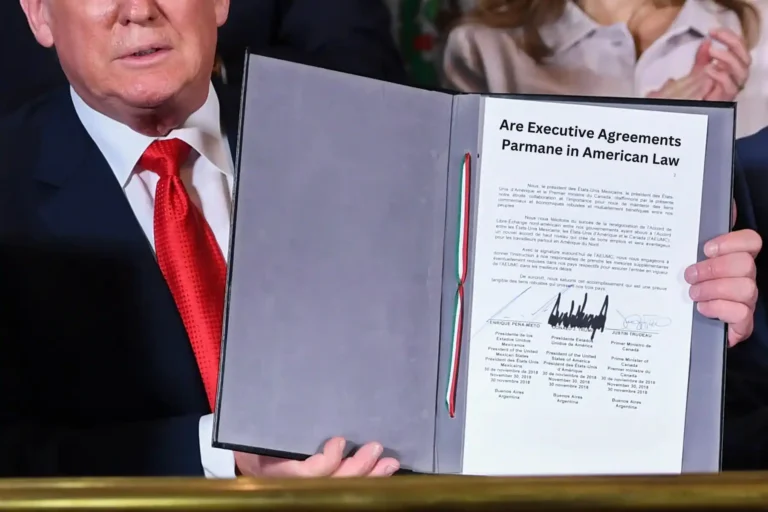
Introduction to the Indiana Amnistie Law
Navigating the world of driver’s licenses can be daunting, especially if you’ve faced challenges in the past. If you’re an Indiana resident wondering how to regain your driving privileges, there’s a ray of hope on the horizon — the Indiana Amnistie Law for Drivers License. This initiative is designed to help those who have lost their licenses due to unpaid fines or other issues reclaim their right to drive legally. Understanding this law could open doors for many people looking to get back on track and enjoy greater mobility in their daily lives. Let’s dive into what this program entails and how it might just change your situation for the better.
The Purpose and Goals of the Amnistie Law
The Indiana Amnistie Law for Drivers License was established to provide relief to individuals facing driving restrictions. It aims to address the challenges posed by unpaid fines, fees, and penalties that often lead to suspended licenses.
One of its primary goals is to promote responsible behavior among drivers. By offering a pathway for reinstatement, the law encourages compliance with traffic regulations and financial obligations.
Additionally, the program seeks to reduce recidivism rates associated with driving without a valid license. Many individuals find themselves caught in a cycle of legal troubles due to financial barriers.
By removing these obstacles, the Amnistie Law not only helps individuals regain their mobility but also contributes positively towards public safety on Indiana roads. Empowering residents through this initiative can foster greater community responsibility and engagement.
Who is Eligible for the Amnistie Program?
The Indiana Amnistie Law for Drivers License offers a second chance to many individuals. Eligibility hinges on a few key factors.
First, applicants must have had their driver’s license suspended due to specific violations. These can range from unpaid tickets to failure to appear in court. It’s crucial that the suspension isn’t related to serious offenses like DUI.
Additionally, those who have resolved outstanding debts or penalties tied to their suspensions may qualify. The law encourages compliance with local regulations, aiming for safer roads and responsible driving.
Applicants should also be residents of Indiana at the time of applying for this program. This ensures that only local drivers benefit from the amnistie provisions intended specifically for Hoosiers.
It’s important that individuals haven’t been convicted of new traffic violations during a designated timeframe prior to application submission.
Benefits of Participating in the Amnistie Program
The Amnistie Program offers vital benefits for Indiana residents seeking to regain their driving privileges. One of the most significant advantages is the opportunity to clear outstanding penalties or fees associated with their suspended license. This relief can alleviate financial burdens that have been hanging over individuals for years.
Additionally, participants can restore their driving rights without the typical hurdles usually involved in reinstatement processes. This streamlined approach empowers many to return to work and fulfill everyday responsibilities more easily.
Moreover, being part of this program fosters a sense of community and support among participants. Many find encouragement from others who share similar struggles, making it easier to navigate what might otherwise feel like an isolating experience.
Engaging with the Amnistie Program opens doors for renewed independence and mobility while promoting responsible citizenship on Indiana’s roads.
Steps to Take to Apply for the Amnistie Program
Applying for the Indiana Amnistie Program involves a few key steps. First, gather all necessary documents. This includes your identification, proof of residency, and any records related to previous license suspensions.
Next, visit the official Indiana Bureau of Motor Vehicles (BMV) website. There you will find detailed instructions on how to start your application process online or in person.
It’s crucial to fill out the application accurately. Double-check for any errors before submitting it. Incomplete or incorrect applications can lead to delays.
Once submitted, be prepared for a waiting period while your application is processed. Keep an eye on your email or mail for updates regarding your status.
If approved, follow through with any additional requirements set by the BMV. Staying proactive ensures you stay informed throughout this journey toward regaining driving privileges in Indiana.
Impact of the Amnistie Law on Indiana Residents
The Indiana Amnistie Law for drivers license holders has made a significant impact on many residents. It offers a fresh start to those previously unable to obtain or maintain their driving privileges due to various offenses.
For many, this law alleviates the burden of restricted mobility. Individuals can access jobs, educational opportunities, and essential services without the constant worry of legal repercussions hanging over them.
Additionally, communities see benefits as well. With more licensed drivers on the road, safety improves. Fewer unlicensed individuals may lead to reduced traffic violations and accidents.
Moreover, families experience relief when parents regain driving rights. This enhances quality of life by allowing children greater access to school activities and other events.
As awareness spreads about the amnistie program, more residents are encouraged to participate actively in their community and economy. The ripple effects contribute positively towards building stronger neighborhoods throughout Indiana.
Criticisms and Controversies Surrounding the Amnistie Law
While the Indiana Amnistie Law for Drivers License aims to help those impacted by past infractions, it hasn’t been without its critics. Detractors argue that easing penalties could undermine public safety. They believe drivers with serious violations should face stricter consequences.
Some also express concern about potential misuse of the program. There’s a fear that individuals may take advantage of leniency rather than genuinely seeking rehabilitation.
Additionally, not everyone feels included in the amnesty process. Many claim that eligibility requirements are too stringent and exclude deserving candidates who have made efforts to correct their past mistakes.
Public discourse is heated on this topic, as advocates stress second chances while opponents emphasize accountability and responsibility. This ongoing debate reflects broader societal views about redemption and punishment within our legal system.
Conclusion
The Indiana Amnistie Law for Drivers License represents a significant shift in how the state addresses past violations related to driving. It aims to provide relief and support for those who may have faced undue penalties, ultimately promoting safer roads and responsible driving.
For many residents, this law opens doors that were previously closed due to financial burdens or administrative hurdles linked to their licenses. The eligibility criteria are designed to be inclusive, allowing numerous individuals the chance to regain their driving privileges.
While participation comes with its own set of benefits—such as reduced fees and a clearer pathway back into compliance—the application process remains straightforward, ensuring that help is accessible.
However, it’s essential also to recognize the criticisms surrounding this initiative. Some argue about potential loopholes while others question whether it truly addresses deeper systemic issues within traffic regulation enforcement.
As discussions continue around the Indiana Amnistie Law for Drivers License, one thing is clear: it has sparked important conversations about justice and accessibility in transportation rights for all Hoosiers. The impact of such legislation will likely unfold over time as more people navigate through these opportunities towards regained freedom on the roadways.






